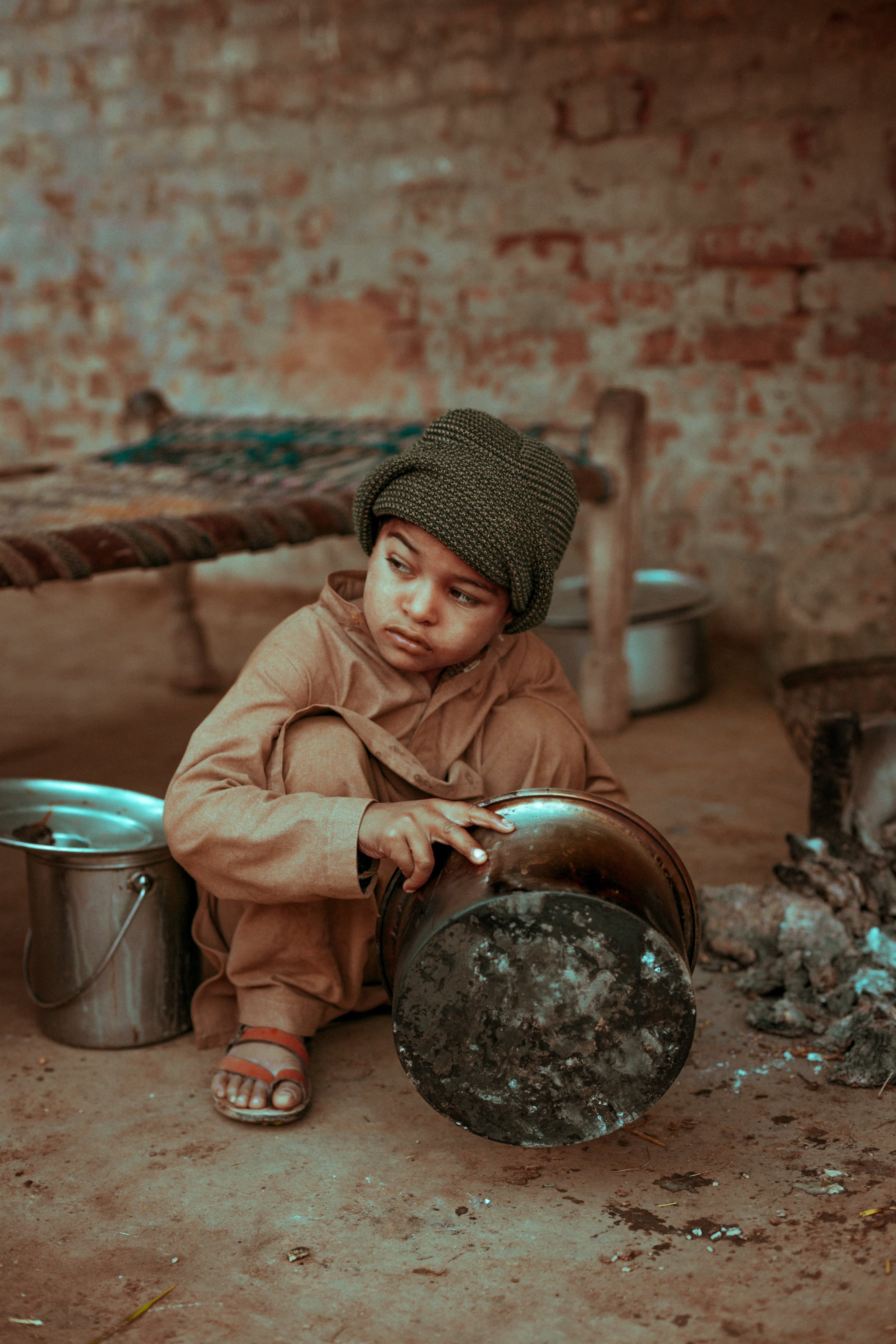Ending extreme poverty is the key to a sustainable future, UN chief says

The International Day for the Eradication of Poverty is celebrated world-wide every year on October 17. One of the primary goals of the international day is to recognize the struggles of the impoverished and to make their voices heard. “Ending extreme poverty is at the heart of the world’s efforts to achieve the Sustainable Development Goals and build a sustainable future for all. But success in leaving no one behind will remain elusive if we do not target the people who are farthest behind first,” António Guterres, Secretary-General of the UN, said.
As this year’s International Day for the Eradication of Poverty falls during the 30th anniversary of the UN Convention on the Rights of the Child, Mr. Guterres noted that this year’s focus is on “acting together to empower children, their families and communities to end poverty.” According to him, children are more than twice as likely to live in extreme poverty as adults and that not only gives them a “lifelong disadvantage” but also enables the continuation of “an intergenerational transfer of deprivation.”
IZA World of Labor author Martin Biewen has also examined the dynamics of poverty and poverty persistence. In his article, he notes: “[E]xtended exposure to poverty can have negative long-term consequences if experienced during the formative years of childhood and adolescence, particularly if persistently low resources preclude investments in human capital and personal development.” Lorenzo Cappellari, also an IZA World of Labor contributor, has looked at the social origins of income inequality. “High income inequality and lack of income mobility across generations have been found to co-exist,” he writes in his article. This means that children from low income families will often have a low income when they are adults.
UN’s Secretary-General also pointed out that girls are at particular risk: “For every additional year a girl remains in school, her average income over a lifetime increases, her chances of being married early decrease, and there are clear health and education benefits for her children, making it a key factor in breaking the cycle of poverty.” IZA World of Labor author Luca Piccoli’s findings in his article also support Mr. Guterres’ statement. According to Piccoli: “Consistent empirical findings show that the average risk of poverty is generally higher for women in most countries. […] [I]ncreasing women's bargaining power will lead to long-term benefits for societies; this is because, as women gain more equality in the household, they tend to invest more in their children's education, ensuring improved outcomes for future generations.”
Read Martin Biewen’s article Poverty persistence and poverty dynamics, Lorenzo Cappellari’s article Income inequality and social origins and Luca Piccoli’s article Female poverty and intrahousehold inequality in transition economies